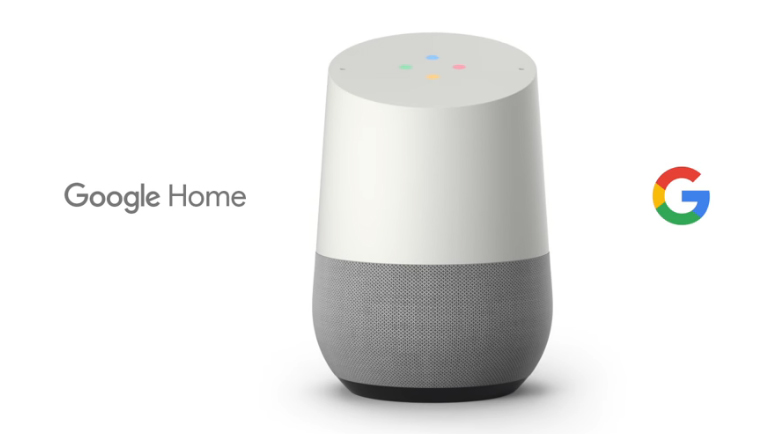Healthcare SEO, like any other SEO sub-branch, depends a lot on the technological revolutions that are occurring in our day-to-day lives. It may sound odd, but the reason the above statement is true is because many of these digital revolutions are powered by tech giants, among which is Google.
The Smart Home Powered by Google
The smart home is here and now. What that means is, homes are being stacked with smart devices. Smart refrigerators, smart ovens, smart air conditioners, smart thermostats, and the list goes on. But these are all individual smart devices that are stacked up in a home and working independently of each other. But tech giants such Google are looking to make this an integrated experience – to create one technology that would brings all the devices together and make them work connected to each other. Strange as it may sound, this could eventually have a bearing on search engine optimization.
Google Home and Conversational Search
Let’s not forget, Google has already thrown its hat into the ring with Google Home, and Google is also primarily known for web search. So will Google’s smart home version influence search engine optimization in any way?
Google Home revolves around the personal digital assistant concept. So this is basically an extension of the digital assistant technology whereby you just give vocal commands for the system to execute. That sounds a lot similar to conversational search, which is the trend in search queries and which Google has acknowledged through its algorithmic updates. Conversational search is searching through phrases that sound more like voice commands or questions rather than mere search terms. For example, instead of searching “Nile river” or “Nile river width”, you just search “how wide is the Nile?” With voice search you can just say it instead of typing it.
When the digital assistant is used for capturing voice commands, online searches would now be executed through digital assistants, without the user having to log in anywhere or press any buttons. As a result people won’t necessarily be searching with individual keywords but with conversational commands and questions, making long-tail keywords even more important.
How the Google Home Device Will Affect SEO
At the heart of Google Home is a device. It’s a voice-activated speaker and is powered by Google Assistant. All you need to do is ask questions through the device or tell it what you want it to do. It integrates with all the devices in your home and makes them do stuff. It’s not just that it controls the devices in your home, but you can perform web searches too on it.
The device could also engage users in conversation and ask them to further refine their web search or provide more commands. So if Google Home gets popular, it certainly will alter the way people search.
One of the major areas in which SEO will be affected is that the digital assistant will only provide a single result at a time. Only if users aren’t satisfied with the initial result and ask or specify something else will other results be shown, and that too only one at a particular time. This means that being right at the top of the rankings for a variety of relevant queries and long tail keywords will be significantly important. So your SEO strategy must be significantly optimized for conversational queries so your hospital or practice comes right to the top of all relevant search results.
It is pretty competitive in healthcare SEO, and the experts at an experienced healthcare digital marketing agency will always be looking out for search trends well in advance so their clients will be prepared beforehand.





